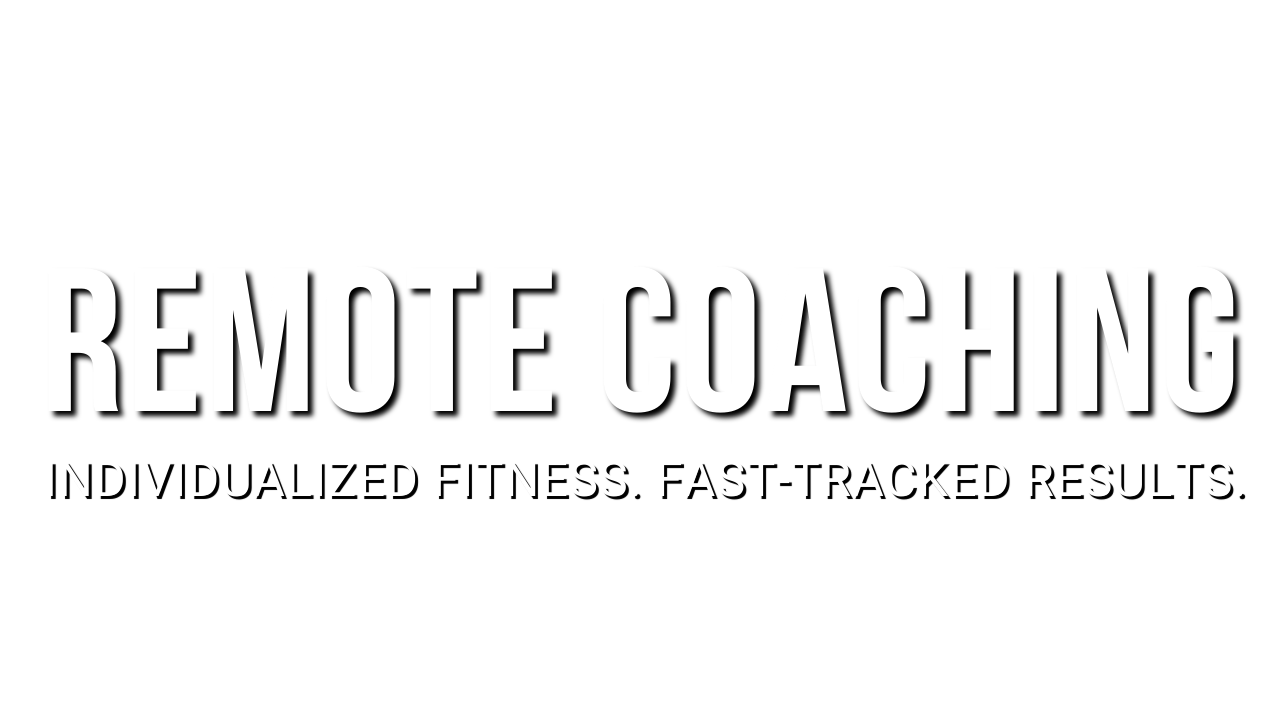As with anything else for an athlete, the way you practice is the way you compete.
If you are careless in your movement prep and mindless in your execution, you can expect similar outcomes on your game day.
Skip your flush and mobility work?
Expect nothing else when you’re walking off the floor between events.
Self-talk and our language are no different.
You can leverage self-talk to help you execute at your best in each moment, or you can allow it to back you up into a corner and make excuses for you.
Pay Attention
Before you can change something, you first need to be conscious of it.
This is one reason why I’m constantly calling out my athletes when I hear negative self-talk come out of their mouth.
I’m not trying to be snarky, I genuinely care about the language they use around their day-to-day performance.
Simply creating some space to “step back” and notice the thoughts popping up into your head around key times is hugely important.
What goes through your head when you wake up and want to hit the snooze?
What thoughts crop up in the moments before you attempt a maximal lift?
What is your language as you mentally gear up for a tough conditioning piece that you aren’t looking forward to?
Think. Evaluate. Speak.
“Abracadabra” – with my words I create
Thoughts are fleeting, they come and go with little rhyme or reason. Rarely do we assign much value to them. I think this is wise.
However, once we speak something, it can’t be taken back. We have spoken it into existence.
One of the most important skills an athlete can master is creating a space between thinking and speaking. That space creates an opportunity to rethink. …to evaluate your thoughts.
If a thought doesn’t serve you by being spoken into existence, DON’T SAY IT!
I’ve spent a lot of time working out alongside my business partner, Stacey Kadenas.
Often I have thoughts pop up into my head that I feel the need to share with her…
“This workout is going to suck.”
“My legs are trashed from yesterday.”
“This overhead position is feeling janky today.”
“I’m not looking forward to this row piece.”
While oftentimes these thoughts are true, there is usually something that is within my control that I can do to change -or at least improve- the outcome.
So I rethink.
Oftentimes this means saying nothing and just learning to execute more effectively.
Sometimes this is rewording my thoughts in a way that -while still true- encourages positive action.
“This is going to be a tough one. Let’s get ready to lean into the discomfort.”
“Let’s make this next set move as pretty as I can.”
“Let’s do some additional movement prep for my overhead today.”
“Come March I’ll be glad I did this row piece.”
Positive Self-Talk is Grounded in Reality
People often think that positive self-talk means denying reality, while -in fact- it means accepting the cards you’re dealt in a particular moment and finding the path forward that most aligns with your goals.
Look back to that second list of self-talk… none of those denied the realities of what I was facing. Rather, they spurred me to positive action in a way that helped me overcome the hardship I was currently facing.
Own your language. Own your reality.


